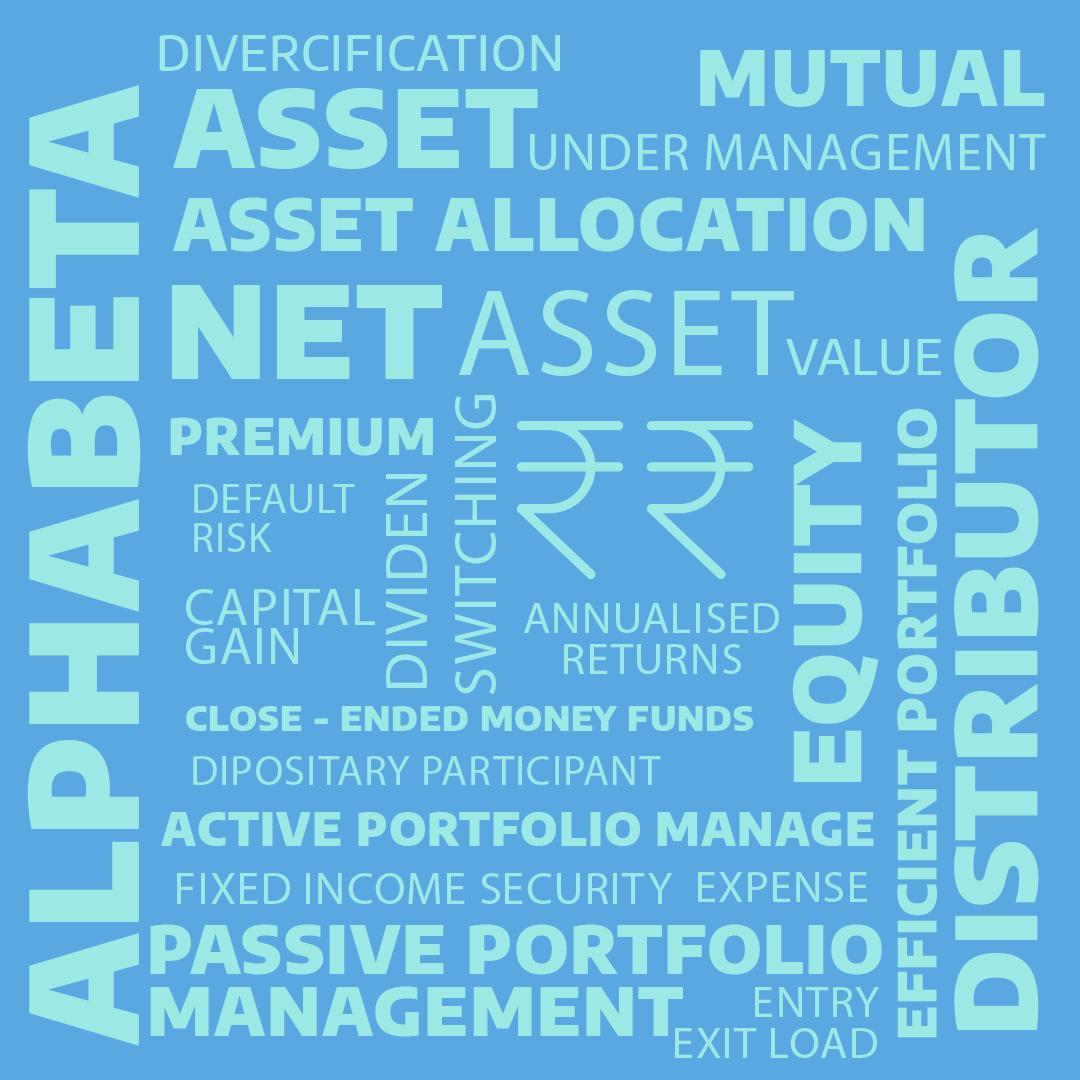Mutual Fund Units
Posted on
What are mutual fund units? Mutual fund schemes are pools of investment collected from volunteering investors who are keen on partaking in the growing financial market of a country which may have the potential to provide superlative returns. These instruments are the easiest way to...










